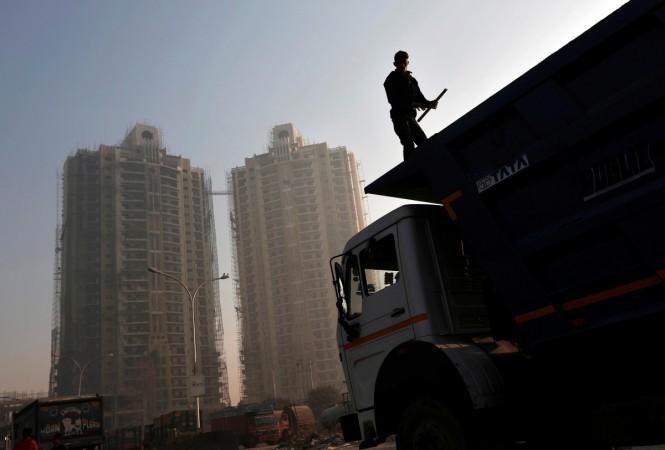
When the government brought the Real Estate (Regulations and Development) Act, 2016, it met with cheers all around with the perception that the Act will do away with all the ills home buyers and the sector are facing.
Real Estate Bill: Positive but risks remain
The Act – first introduced as the Real Estate Regulatory Authority (RERA) Bill in 2013 – was passed by both the Houses of Parliament in March 2016 and became effective from May 1, 2016. The Act paves way for empowering all stakeholders – consumers, real estate developers and brokers/intermediaries. While the Act covers all commercial and residential real estate, including apartments, plots, offices and shops, rental arrangements and agreements in any form do not find a place under this Act. Out of 92 sections in the Act, only Sections 2, 20 to 39, 41 to 58, 71 to 78 and 81 to 92 of the Act have come into force with effect from May 1, 2016.
Among other measures, a few far-reaching steps the Act aims to achieve are:
1. The Act prohibits unaccounted money from being pumped into the sector
2. Regulatory oversight on real estate developers with clearly defining penalties
3. Setting up timelines for registration of projects and dispute resolution
4. Roles and duties of investors
While there is little doubt, the Act will bring in more transparency to the sector, which has been long considered a hotbed for shady transactions, there are also enough reasons that may drive property prices higher.
Higher compliance costs to push up property prices:
The Real Estate Act stipulates that in the case of any structural defect or any other defect in workmanship, quality or provision of services within a period of five years from the date of handing over possession, the developer will rectify such defects without any charge within one month. In the event the developer fails to do so, the property buyer will be compensated appropriately.
The Act further says that if any real estate agent fails to comply with the orders of the regulator, he shall be liable to a penalty for every day during which such default continues, which may cumulatively extend up to five per cent. of the estimated cost of the property.
The new Act penalises developers for breaching provisions of the law and this may actually increase property rates as builders will pass on the cost to consumers. Developers will be liable to pay huge damages for encumbrances, which is basically a claim towards the title of land by an outside party. For example, if a developer has handed over a project to the home buyer and a claim is made even after years about the title of the land, and if the claim turns out to be true, then the developer's liability regarding the title of land will be unlimited.
The Act also spells out penalties from 10 percent to 20 percent of the estimated cost of the real estate project if a developer fails to register the project or provides false information or contravenes the provision of the Act.
Additionally, keeping detailed records, handing over flats in time and putting a major percentage of the project cost in an escrow account are some of the provisions that would likely increase certain costs to the developers.
Property prices to be decided on the basis of carpet area:
The widespread practice of selling flats based on built-up or super built-up area will come to an end and will be determined based on clearly defined carpet area.
The built-up area of a property is the carpet area plus the thickness of outer walls and the balcony. Carpet area, which means the area of the property where you can lay your carpet, includes all rooms, kitchen and bathrooms, stores and balconies, but excludes external and internal walls and common areas.
No-brainer here that developers are going to increase per square foot cost they have been pricing the property so far is on the basis of built-up area, which includes not only walls in your personal property area but also common areas of the apartment of building you are living in.
Certainly, this will make things transparent for buyers, developers will increase the cost to offset the revenue they would lose.
The trend is already visible in the Mumbai property market where several developers such as Godrej, Mayfair and others already started quoting by carpet area. Property developers in other regional markets may soon start doing the same once the pain of demonetisation eases.
Costs related to insurance against payment of damages:
It is clear that builders in the Indian property market have so far operated in a regulator-less environment and now a law with such stringent norms will certainly make them consider for safeguards against any impact of the law violation.
Insurers in the country are already mulling products to protect developers against payment of stiff penalties and legal costs. And developers will obviously add the premium amount outgo on such insurance schemes to the project cost.

















